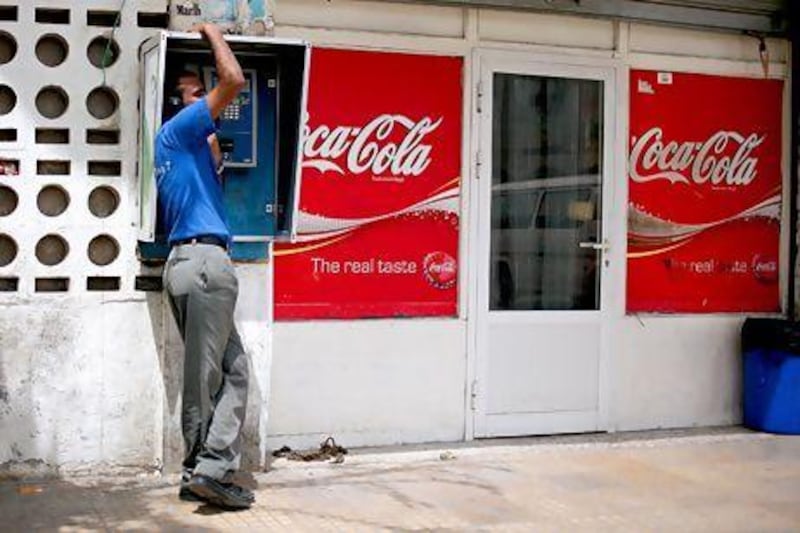Producers of food and other household staples are set to ramp up output in the region as they seek to tap into its burgeoning consumer market.
Global consumer goods multinationals including Unilever, Nestlé and Coca-Cola as well as local producers such as Al Islami Foods, intend to raise production in the coming years.
The moves reflect a renewed recognition of the fast growth of the region's young population and its increasing affluence at a time of flagging expansion in western markets. The region's population is forecast to grow from 340 million now to more than 470 million by 2030, according to the United Nations. Disposable income is also expected to rise as economies mature.
"As the region becomes bigger it makes more sense to have production near the market," said Abhik Gupta, the executive director for consumer packaged goods at the information and measurement company Nielsen in the Middle East, North Africa and Pakistan. "We see a lot of these companies investing in Egypt and in the GCC, and as these economies grow they are likely to consider opening output here."
Unilever has nine factories across the region at the moment, including the world's second-biggest tea factory in Jebel Ali. But significant numbers of products still come into the region such as Fair and Lovely, a skin cream made in India, and Rexona, a deodorant from the Philippines.
"At the moment we get 35 per cent of our products from outside the region, but as we grow and get critical mass more of those products will come onshore," said Arijit Ghose, the managing director of Unilever Gulf.
He highlights tax advantages from basing manufacturing onshore.
The Greater Arab Free Trade Area allows for lower tariffs on the flow of goods in the region.
Nestlé will add to its 16 plants in seven regional countries, with the opening of a facility in Dubai next year for culinary and coffee goods. The Dh500 million investment will create up to 800 additional jobs in the region.
"Producing locally allows us to bring products faster and therefore fresher to consumers," said Lynn Alkhatib, a media relations manager at Nestlé Middle East. "This is a clear advantage we have already experienced with our many manufacturing plants in the Middle East."
Local companies are also planning to grow their presence.
Rani Refreshments, a fizzy drinks producer jointly owned between Coca-Cola and Aujan Industries, plans to open two new plants in the region by 2016.
Al Islami Foods, a UAE-based halal food producer, is building a processing plant in Dubai Investments Park, due to open in two-and- a-half years.
"The plant will be processing meat and poultry and will be three times what we are producing at the moment," said Saleh Abdullah Lootah, the managing director of the company. "We want to meet growing demand in the region."





